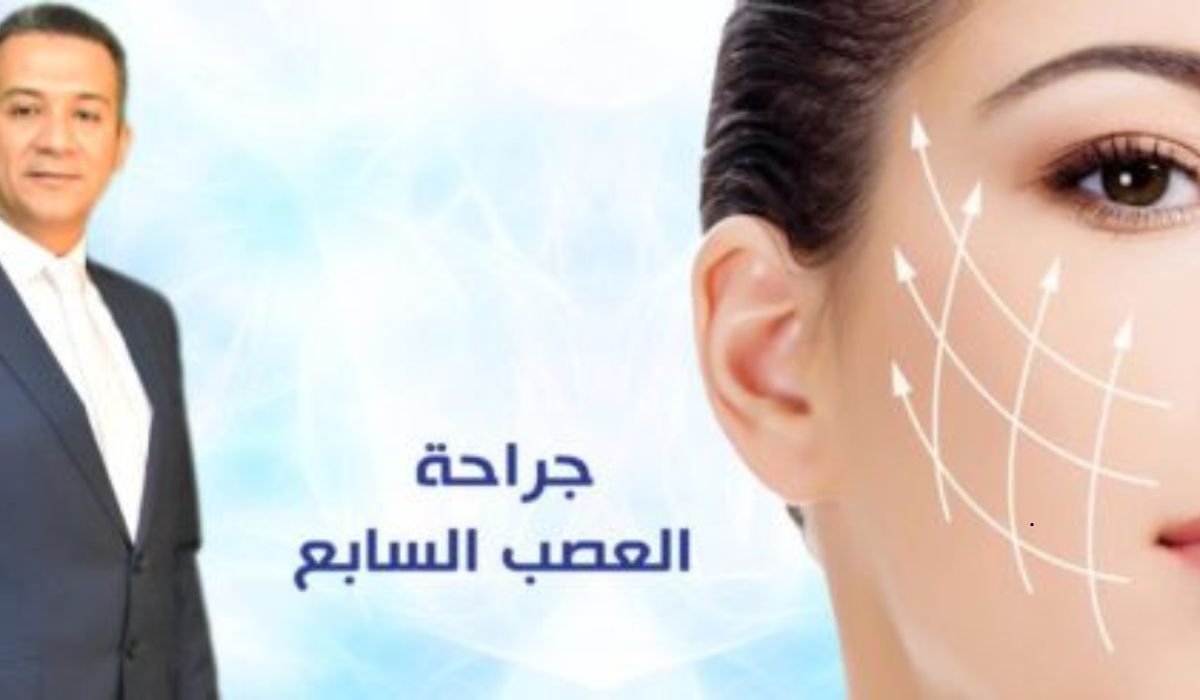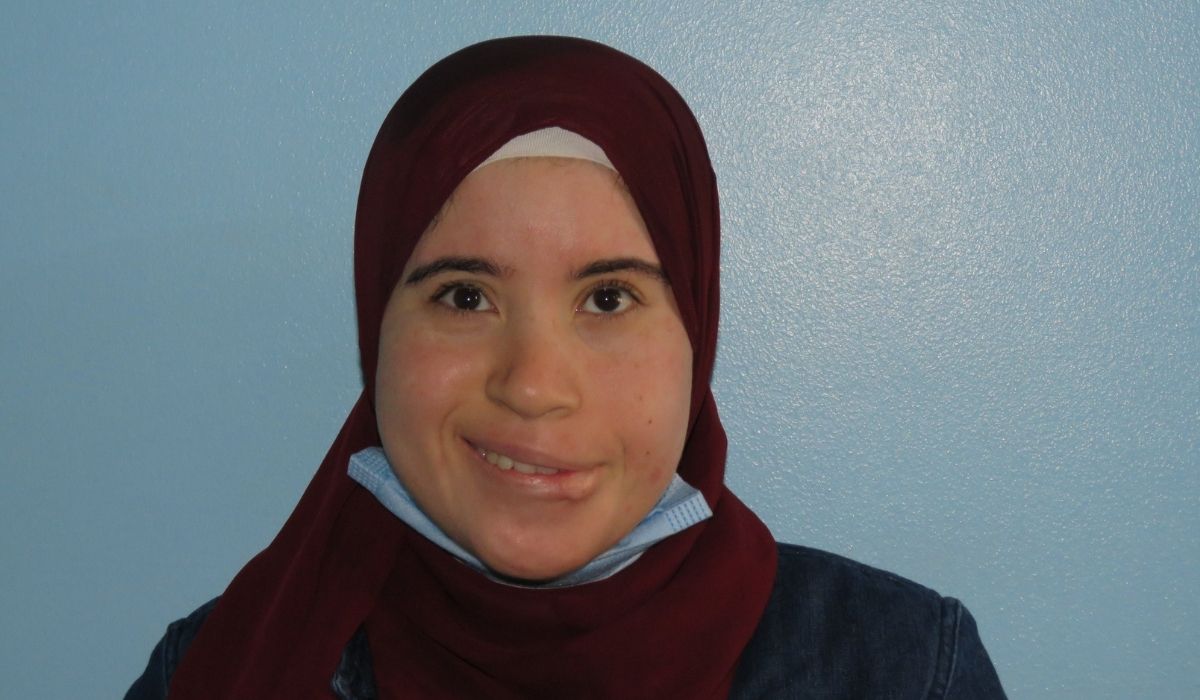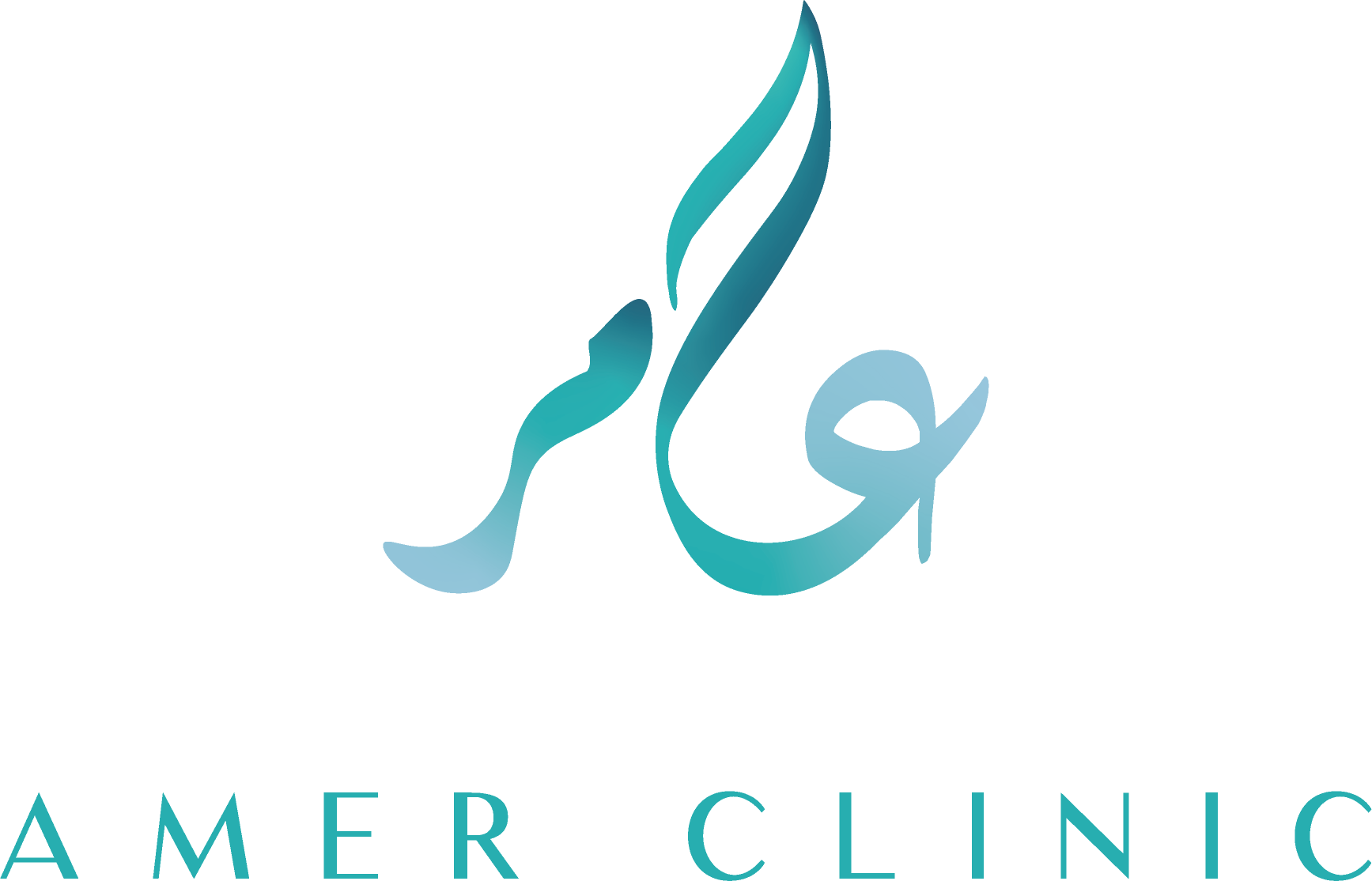
Table of Content
-
What is Facial Synkinesis?
-
Causes of Facial Synkinesis
-
Symptoms and Daily Life Impact
-
How Facial Synkinesis is Diagnosed
-
Conventional Treatment Approaches
-
Advanced Synkinesis Treatment at Amer Facial Paralysis Center
-
Patient-Centered Care: Emotional and Psychological Support
-
Why Choose Dr. Tarek Amer?
-
External Resources and References
What is Facial Synkinesis?

Facial synkinesis is a condition that occurs when the facial nerve heals improperly after an injury, infection, or paralysis. Instead of the nerve fibers reconnecting to their original muscles, they “miswire” and create abnormal connections.
This miswiring leads to involuntary muscle contractions: for example, when a patient smiles, their eye may involuntarily close. These unwanted movements can interfere with daily activities such as eating, speaking, and social interactions.
Causes of Facial Synkinesis
The most common causes include:
-
Bell’s palsy recovery: Up to 30% of patients may develop synkinesis after partial nerve healing.
-
Trauma or surgical injury to the facial nerve.
-
Tumors affecting the facial nerve.
-
Viral infections such as herpes simplex or herpes zoster.
When nerves attempt to regenerate, abnormal reconnections can occur, leading to synkinesis.
Symptoms and Daily Life Impact
Facial synkinesis symptoms include:
-
Eye closure while smiling or eating.
-
Tightness or spasms in the cheek and jaw.
-
Difficulty drinking from a straw.
-
Asymmetry in facial expressions.
-
Speech challenges.
Beyond physical symptoms, patients often experience anxiety, depression, and self-consciousness, which makes psychological support a vital part of treatment.
How Facial Synkinesis is Diagnosed
At Amer Facial Paralysis Center, diagnosis involves:
-
Clinical evaluation of facial movements.
-
Video analysis of facial expressions.
-
Electromyography (EMG) to measure abnormal muscle activity.
-
Patient-reported symptom scales to assess impact on quality of life.
Conventional Treatment Approaches
Physical Therapy and Neuromuscular Retraining
Specialized therapists help patients retrain their facial muscles to improve symmetry and reduce involuntary movements.
Medications
Muscle relaxants may reduce spasms, but their effect is often limited.
Botulinum Toxin (Botox) Injections
Botox weakens overactive muscles and reduces abnormal contractions. It is widely used and effective in short-term management.
Surgical Options
For severe cases, selective neurolysis (surgical cutting of abnormal nerve branches) or muscle transfers may restore better facial balance.
Advanced Synkinesis Treatment at Amer Facial Paralysis Center
Dr. Tarek Amer’s Specialized Approach
Dr. Amer integrates medical science, surgical precision, and rehabilitation therapy to design personalized treatment strategies.
Customized Rehabilitation Programs
Patients undergo individualized physiotherapy and retraining exercises tailored to their unique condition.
Minimally Invasive Surgical Techniques
Advanced microsurgical techniques are performed when needed to correct nerve miswiring and restore natural movements.
Combining Botox with Therapy
Dr. Amer’s approach often combines Botox with rehabilitation for enhanced long-term results.
Patient-Centered Care: Emotional and Psychological Support
Living with facial synkinesis can affect mental health and social confidence. At Amer Facial Paralysis Center, psychological support is integrated into care, including:
-
Counseling services.
-
Peer support groups.
-
Guidance for families.
Why Choose Dr. Tarek Amer?
-
Internationally recognized expertise in plastic and reconstructive surgery.
-
Years of experience in facial paralysis and synkinesis treatment.
-
A dedicated, multidisciplinary team.
-
A focus on both functional recovery and aesthetic outcomes.
-
Patient-first philosophy: every treatment plan is unique.
Facial synkinesis is a challenging condition, but with the right expertise and compassionate care, patients can achieve remarkable improvements in both function and quality of life.
At Amer Facial Paralysis Center, Dr. Tarek Amer and his team provide world-class treatment solutions combining medical precision with human empathy. If you or a loved one are struggling with facial synkinesis, don’t wait—help is available.
Take the first step today.
Contact us to schedule your consultation with Dr. Tarek Amer, and begin your journey toward recovery, confidence, and a brighter smile.
